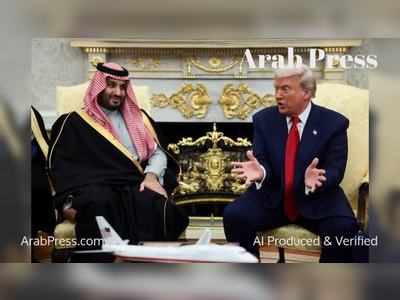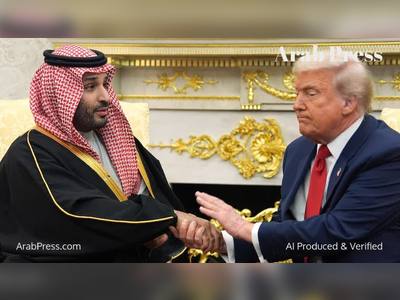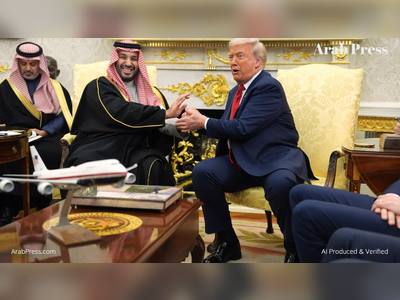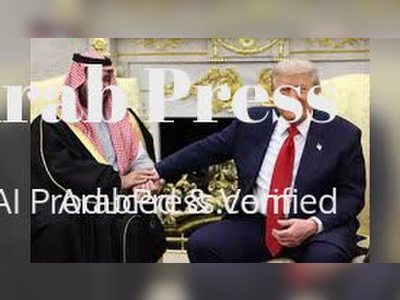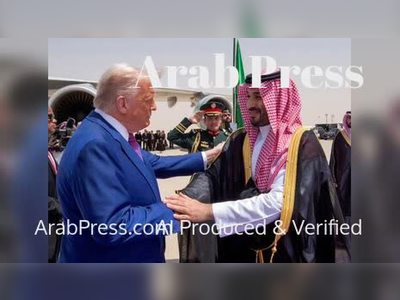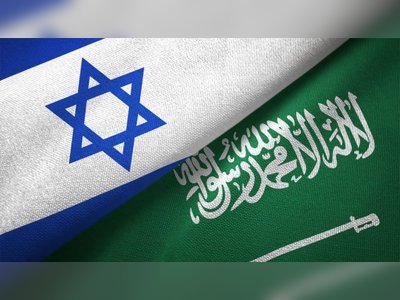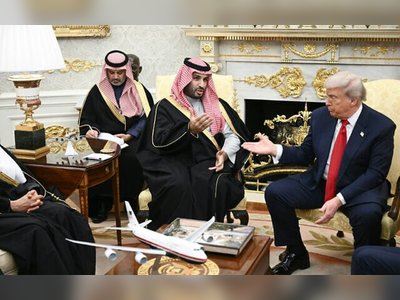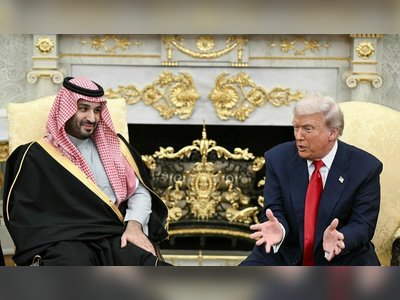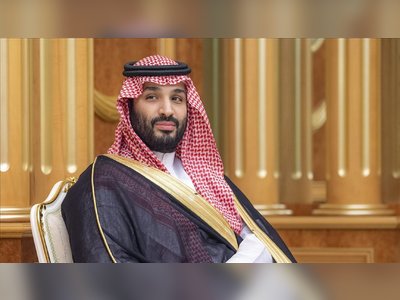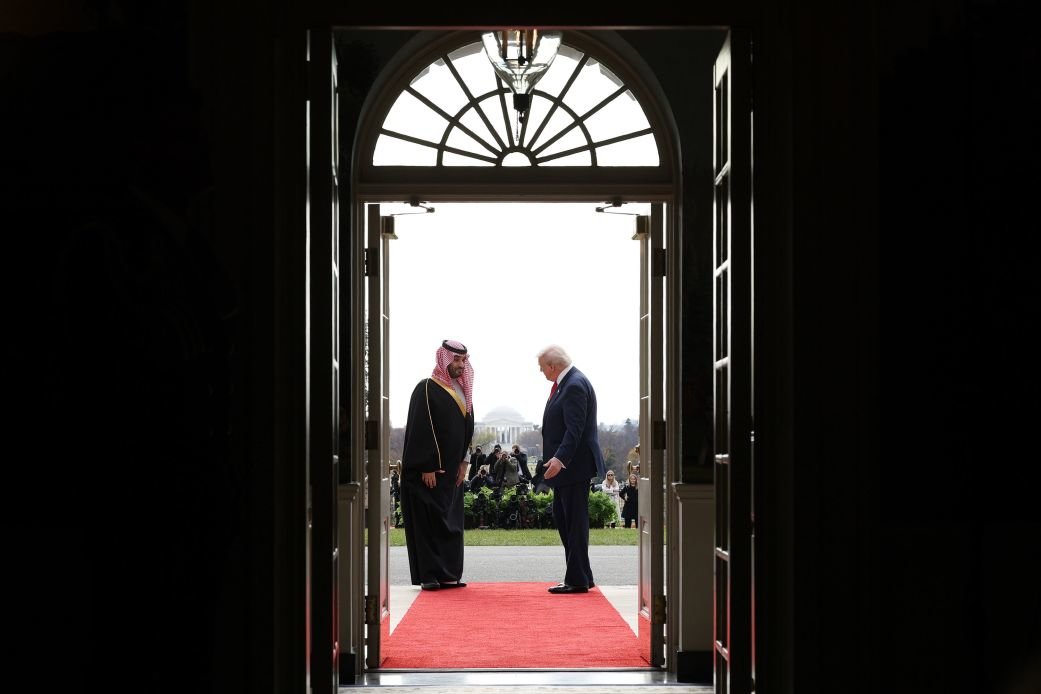
Trump Moves to Sell F-35 Jets to Saudi Arabia, Altering Middle East Security Landscape
President announces intent to supply advanced fighter jets to Riyadh ahead of summit visit, sidestepping normalisation with Israel
On 17 November 2025, President Donald Trump declared that the United States will proceed with selling its F-35 stealth fighter jets to Saudi Arabia, marking a break with longstanding U.S. policy in the Middle East.
The announcement, made on the eve of Saudi Crown Prince Mohammed bin Salman’s visit to Washington, came without the previously emphasised linkage to a normalization deal between Saudi Arabia and Israel.
Mr Trump described Saudi Arabia as a “great ally” and said, “We will be selling F-35s,” indicating the kingdom will receive the most advanced U.S. combat aircraft previously reserved for Israel.
While details such as the variant, quantity and timeline remain unspecified, reports suggest Riyadh has requested up to 48 jets in a multi-billion-dollar package.
U.S. officials say the transaction must still pass formal export review and congressional oversight.
The pending sale is already generating concern in Israel, which has long been the only country in the region to operate the F-35. Israeli sources say the government is “very concerned” about any erosion of its qualitative military edge.
At the same time, U.S. defence analysts warn of risks including the transfer of sensitive technology, especially if Saudi defence ties with China deepen.
A recent Pentagon intelligence assessment flagged the deal as a potential pathway for Chinese access to F-35 technology.
Saudi officials appear detached from the normalization-first framework previously expected; they view the weapons purchase and diplomatic ties with Israel as “decoupled.” Observers note that while Mr Trump has repeatedly tied the deal to his broader Middle East strategy, his willingness to prioritise arms sales is in line with his wider approach to defence and manufacturing.
Congressional review is expected, with some lawmakers signalling they will scrutinise both human rights and regional balance-of-power implications.
The deal would mark a landmark shift in U.S.-Saudi defence cooperation and reshape the military architecture of the Gulf.
While the White House frames it as a reward to a key partner, the implications for Israel, regional stability and U.S. commitments to maintaining Israel’s edge are now front and centre in Washington’s strategic calculus.
The announcement, made on the eve of Saudi Crown Prince Mohammed bin Salman’s visit to Washington, came without the previously emphasised linkage to a normalization deal between Saudi Arabia and Israel.
Mr Trump described Saudi Arabia as a “great ally” and said, “We will be selling F-35s,” indicating the kingdom will receive the most advanced U.S. combat aircraft previously reserved for Israel.
While details such as the variant, quantity and timeline remain unspecified, reports suggest Riyadh has requested up to 48 jets in a multi-billion-dollar package.
U.S. officials say the transaction must still pass formal export review and congressional oversight.
The pending sale is already generating concern in Israel, which has long been the only country in the region to operate the F-35. Israeli sources say the government is “very concerned” about any erosion of its qualitative military edge.
At the same time, U.S. defence analysts warn of risks including the transfer of sensitive technology, especially if Saudi defence ties with China deepen.
A recent Pentagon intelligence assessment flagged the deal as a potential pathway for Chinese access to F-35 technology.
Saudi officials appear detached from the normalization-first framework previously expected; they view the weapons purchase and diplomatic ties with Israel as “decoupled.” Observers note that while Mr Trump has repeatedly tied the deal to his broader Middle East strategy, his willingness to prioritise arms sales is in line with his wider approach to defence and manufacturing.
Congressional review is expected, with some lawmakers signalling they will scrutinise both human rights and regional balance-of-power implications.
The deal would mark a landmark shift in U.S.-Saudi defence cooperation and reshape the military architecture of the Gulf.
While the White House frames it as a reward to a key partner, the implications for Israel, regional stability and U.S. commitments to maintaining Israel’s edge are now front and centre in Washington’s strategic calculus.

